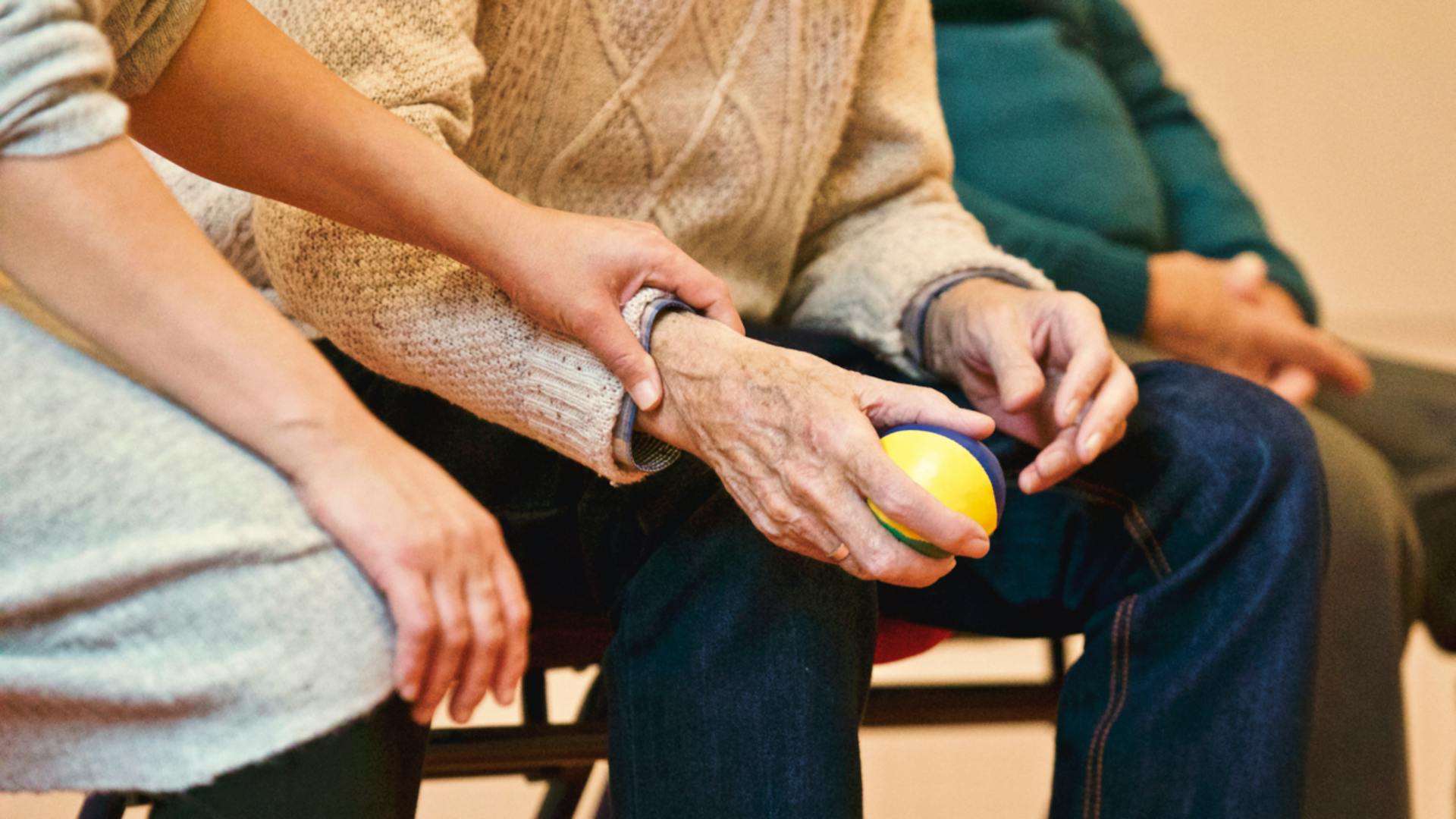Undue Influence: How It Impacts The Elderly And Other Vulnerable Groups in San Diego

The foundation of contract law is built on the principle of reducing the risk of predation and exploitation by unscrupulous parties. The law prevents these nefarious actors from committing fraud or using deception or coercion to lure the unsuspecting victim into entering a financially damaging agreement.
Contracts signed through coercion or deception are legally void, as they result from one party having undue influence over the other. This legal concept extends beyond business deals and commercial transactions and plays a crucial role in protecting vulnerable individuals, particularly the elderly, from manipulation in personal, financial, and legal matters.
Undue influence can be exerted by parties both within and without the family and can be used to describe a wide range of exploitative behavior. Understanding how this form of exploitation occurs and what legal protections exist is essential for safeguarding the rights of those most at risk.
What Is Undue Influence?
In its most basic definition, undue influence occurs when a fiduciary or confidential relationship exists in which one person substitutes his will for that of the influenced person’s will. This often involves using deception, social pressure, or even threats to impact the victim’s decision-making.
The influencer is often in a position of implicit trust or authority over the party being influenced and uses that social interplay to their advantage. This power discrepancy eliminates the influenced party’s ability to exercise independent judgment and will, thereby nullifying their consent to any kind of legal or financial agreement.
Many families encounter problems when fighting against undue influence due to its relatively murky legal definition. It is one of those concepts that “you would know it if you saw it,” but it doesn’t lend itself to easy identification in court.
In California, the concept is specifically defined as “excessive persuasion that causes another person to act or refrain from acting by overcoming that person’s free will and results in inequity.” To determine whether undue influence has occurred, four primary factors are considered:
- Vulnerability of the victim – The mental and physical state of the victim that would make them vulnerable to influence.
- Influencer’s apparent authority – The relative power imbalance between influencer and influenced party.
- Actions taken by influencer – How the influencer might have exercised pressure over the victim and what action they initiated with that change.
- Equity of results – Determining if the action led to benefits for the influencer to the detriment of the victim and whether the relationship would, under normal conditions, be sufficient to cause the victim to alter prior plans or arrangements.

Who Is Most At Risk?
While undue influence can impact any individual, the most common victims are those who have reduced mental faculties as a result of old age, underlying medical or mental conditions, or injury. Members of these groups are often relatively isolated, living in retirement communities, assisted living facilities, or group care homes, which makes them particularly vulnerable to unscrupulous actors.
One of the most commonly targeted groups for undue influence is the elderly. California redefined undue influence in 2014 in part due to a decades-long push to recognize the inequities the elderly had been frequently subjected to, including fraud and abuse.
As people age and their mental faculties fail, they often depend on family members, doctors, and caregivers for both daily necessities and decision-making. This unique level of vulnerability, combined with the accumulated net worth of a lifetime of productivity, makes them especially high-value targets for manipulation.
People suffering from health conditions or injuries that impact their mental faculties are also at risk for similar abuses. People who have recently undergone traumatic experiences are particularly vulnerable as they search for answers, hope, and emotional support.
What Can Be Done If A Loved One Falls Victim To Undue Influence
The signs of undue influence can be challenging to spot, so it is important to maintain consistent contact with vulnerable family members to detect changes in their behavior early. If a family member has suddenly begun making unannounced changes to a will or trust or if you notice unusual financial decisions, it is highly recommended that you enlist the services of an attorney to help stop the adverse actions and initiate litigation, if necessary, in civil or probate court.
A reputable law office will help protect your loved one by investigating the circumstances surrounding the changes made to legal documents and suspicious financial decisions. They will interview witnesses, determine whether the influencer acted inappropriately, and take the matter to court to ensure the victim’s consent was not violated.
If you suspect that a loved one has been subject to the undue influence of another, Villasenor Law Offices is here to help. Contact us today to discuss your case and learn how we can support you in pursuing justice.
Disclaimer: The content of this website or any blog is for information or educational purposes only. Nothing on this website or blog should be considered legal advice for any individual case or matter. This information is not intended to create, and receipt or viewing does not constitute an attorney-client relationship.
